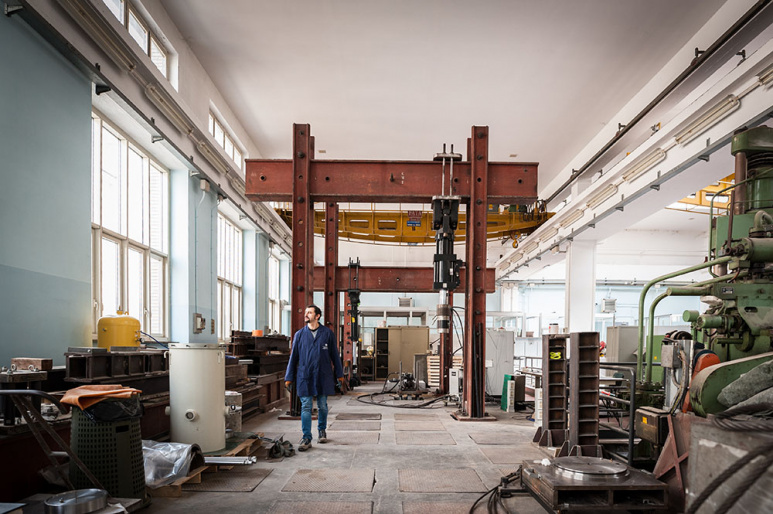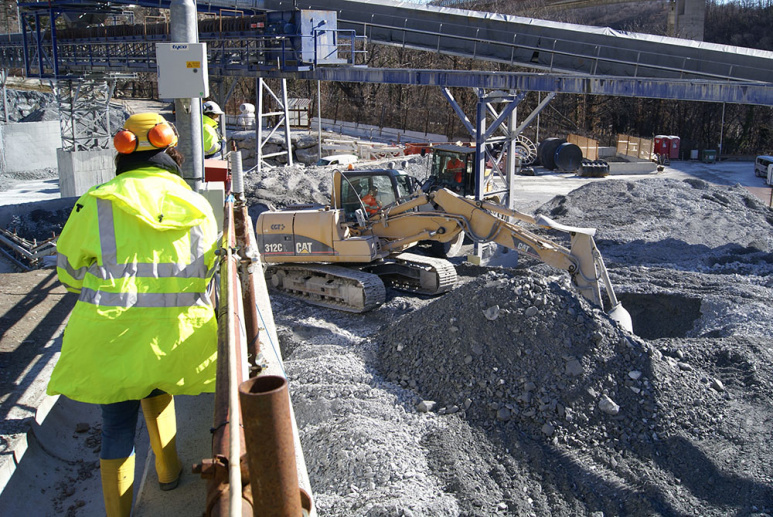Laboratories
“laboratories are places or environments in which teaching, research or service activities are carried out involving the use of machinery, apparatus and work equipment, plant, prototypes or other technical means, or chemical, physical or biological agents. Laboratories are also places or environments where activities are undertaken off-campus, such as those at archaeological, geological or marine sites. Laboratories can be divided into teaching, research and service laboratories, according to the type of activities undertaken [...]” (art. 3(3) of Ministerial Decree 363/98).
Rooms equipped with display screen equipment where teaching activities are carried out and public and/or outdoor areas where experiments are carried out are also considered as laboratories.
Laboratories may be Hazard Areas, that is, workplaces where the presence of sources of danger to human health or safety is not negligible.
|
|
|
In addition to implementing suitable technical risk management measures in Laboratories, it is also important to define and apply appropriate working procedures, in order to keep all critical safety aspects under control, for example in the use of machinery, equipment or chemical substances.
For useful instructions on how to define and draw up correct working procedures, reference should be made to:
In this respect, it is also important to ensure that all procedures agreed upon are complied with and that they are revised whenever there are any changes to the activities carried out.
In accordance with the Safety and Health Regulation of the Politecnico di Torino, the Laboratory Teaching and Research Managers are responsible for keeping the risk assessment document up to date. They must collaborate with Health and Safety Managers, Health and Safety Supervisors and the Health and Safety Services, reporting significant changes in experimental activities, work equipment, chemical substances and exposed workers.
A useful check-list to verify the preservation of the health and safety aspects in the laboratories can be downloaded at the following link:
-
Authorisation to Laboratories
-
Use of Chemical and Carcinogenic Agents
-
Use of Biological Agents
-
Use of Compressed Gases and Cylinders
-
Use of Cryogenic Liquids
-
Exposure to Noise
-
Exposure to Vibrations
-
Use of Radiation sources
-
Use of machinery and equipment designed for research purposes
-
Use of complex Plant and Equipment
-
Movimentazione Manuale dei Carichi
-
Personal Protective Equipments
-
Safety and Emergency Escape signs
-
Assistance with Design
-
Gestione di una attività lavorativa specifica


